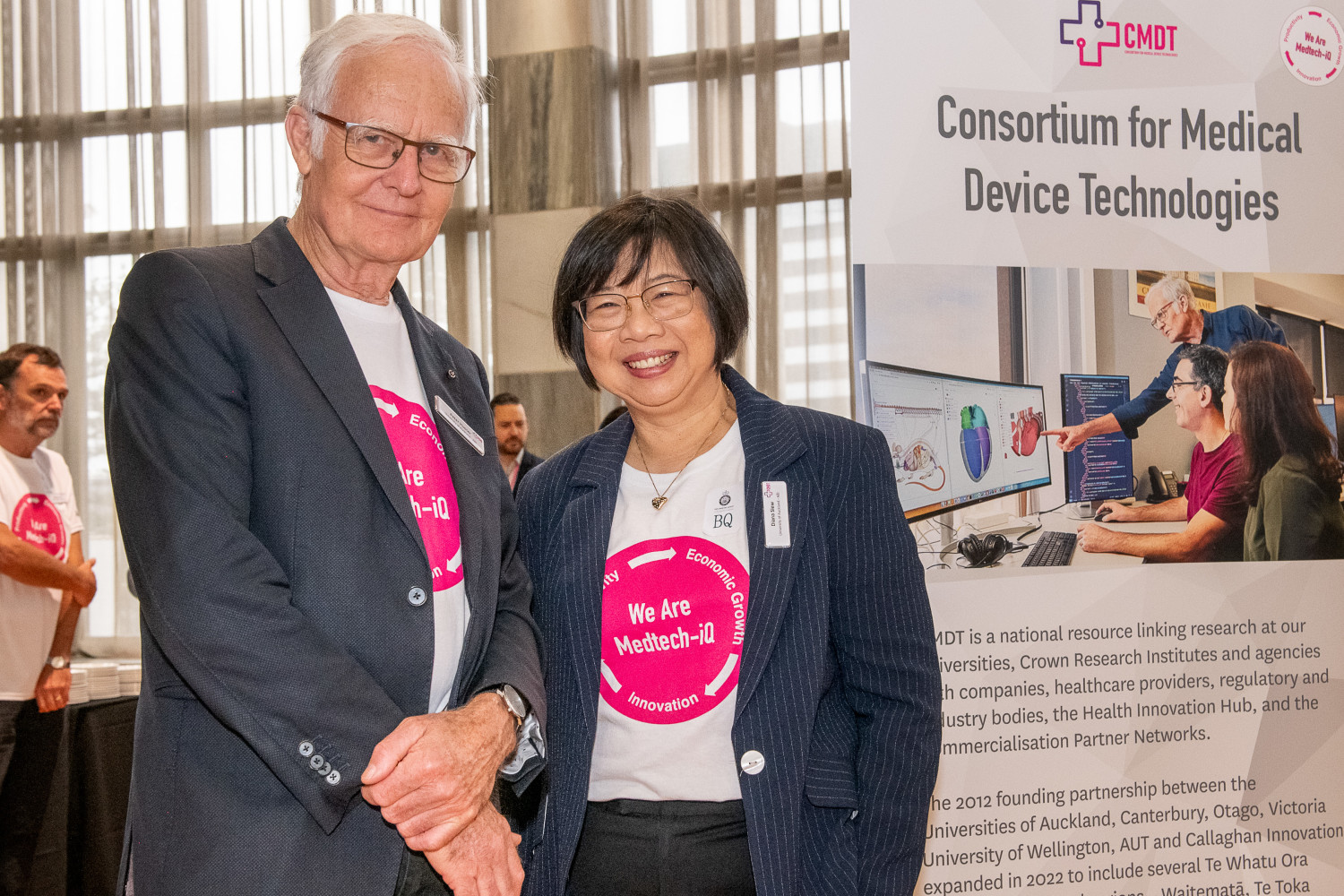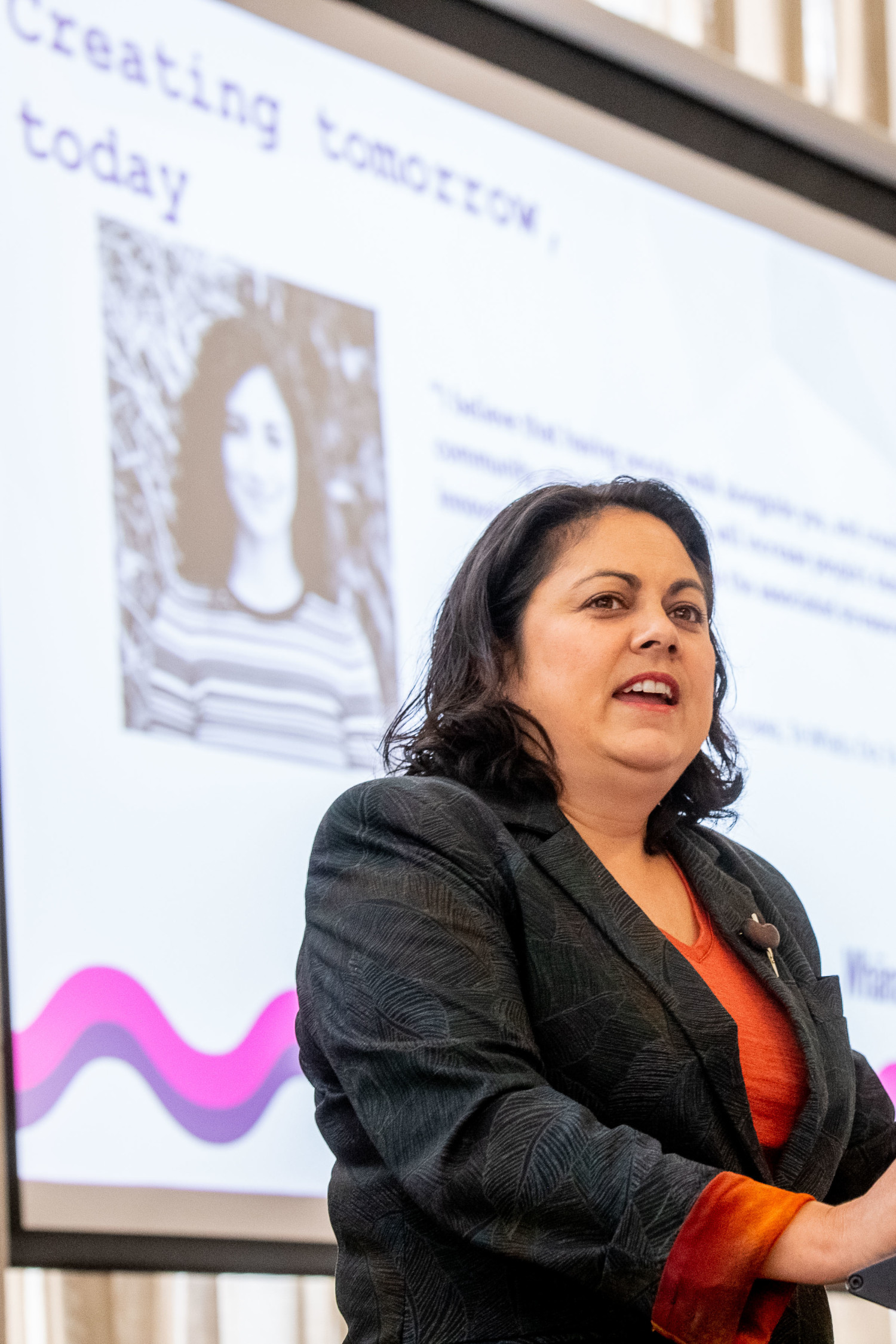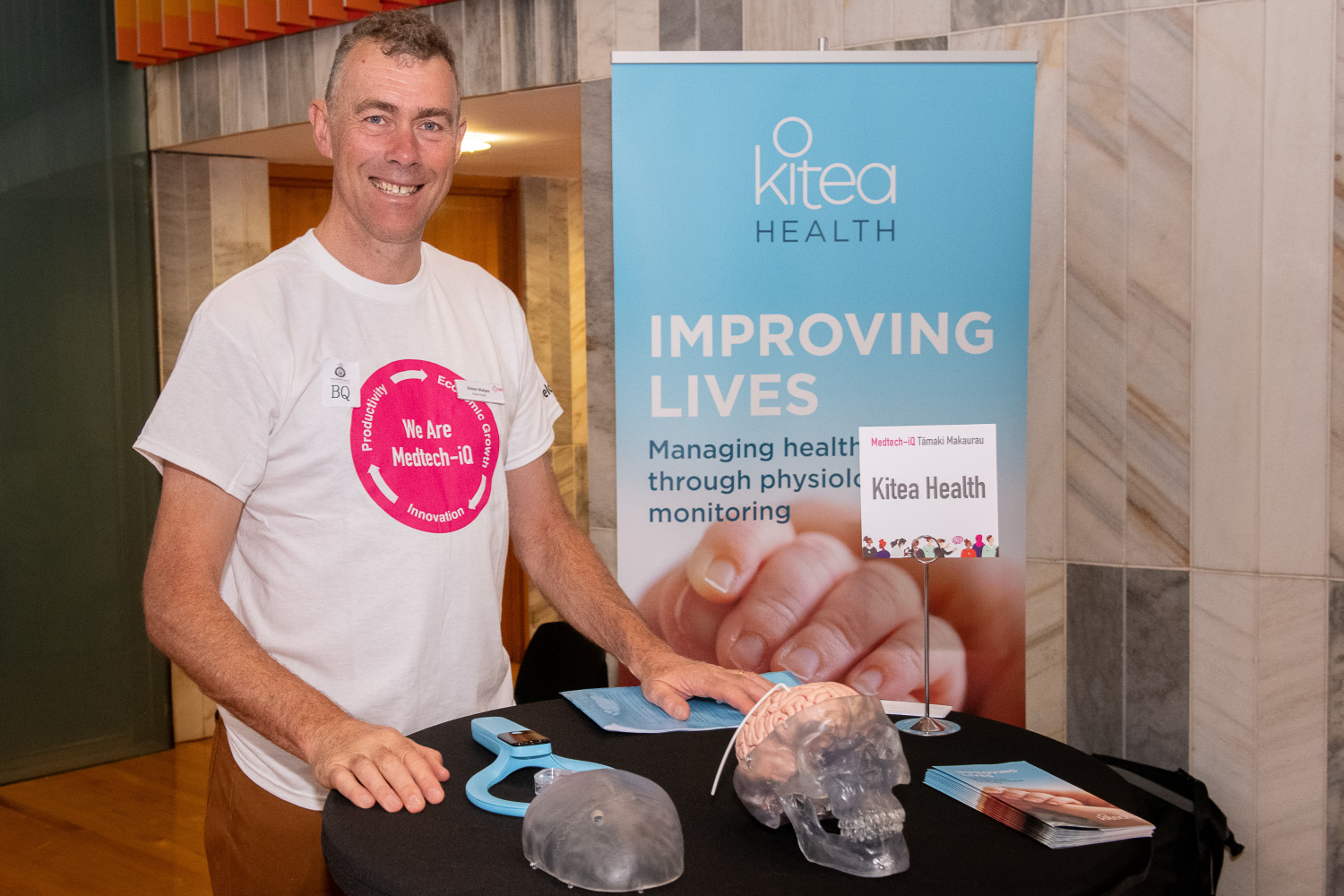It may not be as big yet as dairy or lamb, but Aotearoa New Zealand is becoming a hotbed for medical technologies, with the sector worth an estimated $2.1 billion.
Currently, much of that worth is in a single company, Fisher & Paykel Healthcare. However, up-and-coming companies, often university spinouts, are claiming larger slices of the pie – and the pie is growing.
In 2010, there were 40 to 50 companies in New Zealand’s medtech scene. Today there are more than 200. A Deloitte strategic and economic report estimates that by 2050, the sector’s growth will have produced a cumulative additional $4.2 billion in GDP and nearly 8,000 full-time jobs.
However, achieving the sector’s potential will take coordination, capacity building and investment. Medtech-iQ Aotearoa aims to bring all that together.




